Attention-Deficit Hyperactivity Disorder (ADHD) & Addiction

By The Recovery Village
Medical Reviewer Erika Krull, LMHP | Editor Melissa Carmona
Last Updated: March 24, 2023
Editorial Policy | Research Policy
People with both ADHD and substance use disorders struggle to control impulsive or inappropriate behavior. Treating these disorders together is essential for recovery.
Nearly 9.4% of children in the United States have been diagnosed with ADHD, making it a common childhood disorder. Research also shows that kids with ADHD are two to three times more likely to misuse substances than kids in the general population. In fact, 15% of adolescents and young adults with ADHD have substance use disorder, and 11% of people with a SUD also have ADHD.
The overlap between both disorders is not random. People with both ADHD and substance use disorders struggle to control impulsive or inappropriate behavior. Without treatment, both conditions may create a lifelong risk of complications and harm. Even untreated ADHD can make it more difficult for a person to fully benefit from substance disorder rehab.
The Connection Between ADHD and Drug Addiction
The exact causes of ADHD are unknown, but individuals diagnosed with ADHD have a greater risk of developing a substance use disorder. Alcohol and other sedatives may cause a person with ADHD to feel less tense or overwhelmed. ADHD commonly co-occurs with other conditions like anxiety and depression, increasing a person’s risk of self-medicating with alcohol or drugs. Impulsivity is also a feature of ADHD, often contributing to substance misuse and increasing a person’s risk for addiction.
Start Your Recovery Today
If you or a loved one are struggling with Opioid addiction, don’t wait. Our recovery advocates are standing by to guide you through your options.
All calls are 100% confidential
Treatment of Co-Occurring ADHD and Substance Use
Co-occurring ADHD and substance use disorders should be treated together for the most effective recovery. Addressing only one allows untreated symptoms or behavior patterns from the other condition to interfere with a person’s recovery. An effective dual diagnosis program like the one offered at The Recovery Village Cherry Hill at Cooper addresses both issues with therapy and, if clinically appropriate, with medication.
Therapy
Therapy for ADHD addresses behaviors, thinking patterns and emotional symptoms of the condition. Behavior therapy, which includes training for parents, is effective for children with ADHD. Coaching, behavior management programs, and support from counseling can all help an adult manage their ADHD symptoms.
Because people with ADHD often misuse substances to cope with their symptoms, treatment addresses coping strategies to manage the symptoms most likely to trigger a setback in recovery. For example, if physical tension and anxiety led to alcohol misuse, coping skills for those symptoms are a priority. Treatment also addresses impulsivity, social environment and other issues that contribute to substance misuse.
Medications
Adderall and Ritalin are two stimulant medications often used to treat ADHD symptoms. They stimulate the activity of dopamine and norepinephrine, two chemicals that impact a person’s brain functioning. However, many stimulant ADHD medications carry a risk of addiction themselves.
While stimulants provide effective relief for many, people struggling with an addiction may need non-stimulant medications as an option.Non-stimulant medications like Strattera (atomoxetine) or Intuniv (guanfacine) can also help a person who has misused their ADHD stimulant medications and needs to go through detox. They can still address their symptoms while avoiding further stimulant use.
What Is ADHD?
ADHD is a childhood neurodevelopmental condition defined by impulsive behavior, hyperactivity and lack of attention. ADHD often persists into adulthood, and many adults with the condition go undiagnosed for years.
The exact causes of ADHD are unclear, though researchers are looking closely at genetic and environmental factors. Family history of ADHD, low birth weight, seizure disorders and issues related to brain damage are risk factors connected with developing ADHD. It is likely caused by several factors interacting together, but studies have not determined any leading cause.
FAQs
Do ADHD medications increase the risk of addiction?
Taking ADHD medication is not connected with an increased rate of substance misuse. Research shows that correctly taking ADHD medication helps people manage their symptoms, making them less likely to seek relief by self-medicating with substances.
Why do individuals with ADHD use drugs?
People often misuse illicit drugs or other substances to manage their mental health symptoms. These effects may seem to help at first, but they can also cause harm and lead to addiction.
Are medications for treating ADHD addictive (Adderall)?
Adderall and Ritalin have a risk for addiction when misused. But, under medical supervision, a gradual increase in stimulant dosage raises dopamine levels to a safe, therapeutic level. Misuse often leads to rapid increases in dopamine, producing euphoria and increasing the risk of addiction. Adderall addiction is more likely when it’s taken in any way other than prescribed, such as injecting crushed pills, taking more or more often than prescribed, or taking Adderall without a prescription.
How do I know if I have ADHD?
ADHD symptoms are often confused for other disorders, making diagnosis a challenge. But, you may pick up on signals that may indicate an ADHD diagnosis. At that point, you’d want to get a medical professional’s help to know for sure. Here’s what to look for:
Others may feel frustrated because you’re often late, forgetful, and don’t seem to pay attention.
You may notice that you leave things unfinished and have trouble staying organized.
School may have been difficult for you, especially if you had difficulty keeping track of homework.
You may struggle to stay on-task at work.
You may feel fidgety and restless.
It may feel like your mind jumps quickly from thought to thought.
You may feel like you’ve been this way for your whole life.
Who can diagnose ADHD?
A primary medical or mental health provider can make a diagnosis of ADHD. These professionals may include:
Physician
Psychiatrist
Nurse practitioner
Neurologist
Pediatrician
Psychologist
Licensed mental health therapist
Licensed clinical social worker
Licensed therapists or social workers often consult with medical professionals or psychologists. This step may be essential for reaching an accurate ADHD diagnosis and treatment. Only a physician or nurse practitioner can prescribe ADHD medication.
ADHD Symptoms
Inattention and hyperactivity are the two main types of ADHD symptoms. To be diagnosed with ADHD, some other conditions must be met beyond having several symptoms. Symptoms will involve inappropriate behavior for a person’s level of development and would be disruptive for at least six months. The person would have several of these symptoms before the age of 12 in at least two different settings: school, after-school activities, or around family members:
Inattention
- Makes careless mistakes
- Trouble focusing on tasks
- Doesn’t seem to listen well
- Has trouble following directions and finishing tasks
- Can’t stay organized for long
- Loses or misplaces things often
- Is easily distracted
- Is forgetful
Hyperactivity
- Seems to fidget or move around constantly
- Can’t stay seated or still in their spot
- Moves around or is restless at inappropriate times or places
- Has difficulty with quiet play or activities
- Excessive talking
- Activity seems driven like a motor that’s always running
- Frequently interrupts, intrudes, and takes action out of turn
Effects of Substance Use on ADHD Symptoms
ADHD symptoms cause distress, and some people try to mask their discomfort with substances. Different substances have different impacts on ADHD symptoms.
ADHD symptoms cause distress, and some people try to mask their discomfort with substances. Different substances have different impacts on ADHD symptoms.
- Alcohol: Alcohol and ADHD have similar impacts on a person’s inhibitions and control, so combining the two can worsen symptoms.
- Marijuana: Marijuana use may help individuals with ADHD feel more calm and relaxed, but research shows they may do worse with cognitive tasks like remembering things or making decisions. Long-term marijuana use before age 16 may have an even stronger impact.
- Stimulants: Stimulant medication is often used as an effective treatment for ADHD symptoms. When stimulants are misused, they may create a sense of euphoria, distracting a person from the stress and anxiety caused by their ADHD. However, this also increases the risk of addiction.
If you or a loved one has struggled with ADHD and drug addiction, there’s hope for recovery. The Recovery Village Cherry Hill at Cooper is an accredited facility with a comprehensive dual diagnosis program. Our medical and mental health professionals have the expertise and training to get your recovery off to the right start. Contact us today to learn more about our dual diagnosis treatment program for ADHD and addiction.
Questions?
Our Recovery Advocates are ready to answer your questions about addiction treatment and help you start your recovery.
Sources
Children and Adults with Attention-Deficit/Hyperactivity Disorder (CHADD). “Treatment of ADHD in Adults.” Accessed November 3, 2021.
Chang, Zheng; Lichtenstein, Paul; et al. “Stimulant ADHD Medication and Risk for Substance Abuse.” The Journal of Child Psychiatry and Psychology, August 24, 2014. Accessed November 2, 2021.
Centers for Disease Control and Prevention. “Data and Statistics about ADHD.” September 23, 2021. Accessed November 8, 2021.
Centers for Disease Control and Prevention. “Symptoms and Diagnosis of ADHD.” September 23, 2021. Accessed November 2, 2021.
Centers for Disease Control and Prevention. “Treatment of ADHD.” September 23, 2021. Accessed November 2, 2021.
Centers for Disease Control and Prevention. “What is ADHD?” September 23, 2021. Accessed November 3, 2021.
Chauchard, Emeline; Hartwell, Karen; et al. “Cannabis Withdrawal in Adults With Atten[…]peractivity Disorder.” The Primary Care Companion for CNS Disorders, February 22, 2018. Accessed November 3, 2021.
National Institute on Drug Abuse. “Can You Get Addicted to ADHD Meds?” Accessed November 2, 2021.
National Institute on Drug Abuse. “Prescription Stimulants DrugFacts.” June 6, 2018. Accessed November 3, 2021.
National Institute on Drug Abuse. “Stimulant ADHD Medications: Methylphenidate and Amphetamines.” January 2014. Accessed November 2, 2021.
Food and Drug Administration. “Dealing with ADHD: What You Need to Know.” October 12, 2016. Accessed November 3, 2021.
Fillmore, Mark T. “Increased Sensitivity to the Disinhibiti[…]in Adults with ADHD.” Experimental and Clinical Psychopharmacology, April 2009. Accessed November 3, 2021.
Galán, Chardee & Humphreys, Kathryn. “ADHD and Substance Use: Current Evidence[…]tment Considerations.” Psychiatric Times, August 2, 2017. Accessed November 3, 2021.
National Institute of Mental Health. “Attention-Deficit/Hyperactivity Disorder.” September 2021. Accessed November 3, 2021.
Petker, Tashia; DeJesus, Jane; et al. “Cannabis Use, Cognitive Performance, and[…] in Community Adults.” Experimental and Clinical Psychopharmacology, December 2020. Accessed November 3, 2021.
Tamm, Leanne; Epstein, Jeffery; et al. “Impact of ADHD and Cannabis Use on Execu[…]ning in Young Adults.” Drug and Alcohol Dependence, December 2013. Accessed November 3, 2021.
Tong, Lian; Shi, Hui-Jing; et al. “Mediating Effect of Anxiety and Depressi[…]and Smoking/Drinking.” Scientific Reports, February 29, 2016. Accessed November 3, 2021.



